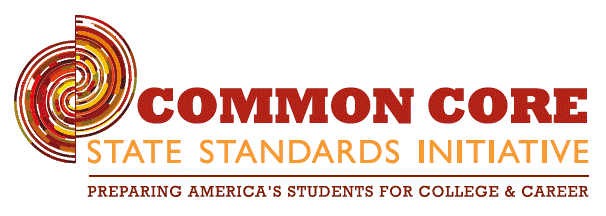By Jeffrey Wirjo
Recently, 45 states across the United States have adopted the Common Core standards for standardized education nationwide. The standards initiative, led by the NGA and the Council of Chief State School Officers, dictates shared goals in mathematics and English Language-Arts that are supposed to help students in grades K-12 succeed nationwide. In addition, these standards are internationally benchmarked. This is especially important because our secondary education has been relatively weaker in international tests when compared to other developed Asian countries, such as Taiwan and South Korea.
When Common Core is fully implemented, students – no matter what background or circumstance – will be able to learn at a high level. The standards emphasize on ensuring that students are tooled with the necessary skills to succeed in college and their careers. However, like many government-sponsored programs which are equally widespread, this state-led initiative does not come without critics who argue that the facts are simply obscured under rhetoric. I happen to be one of these critics – though moderate. The following lists some of my concerns about this program:
1.) The Common Core Standards are too rigid.
The Common Core promotes equity. In all states that adopt this program, standards are the same across the board. According to the NGA, Common Core Standards “establish what students need to learn”, but asserts that “they do not dictate how teachers should teach” (NGA) But since the standards still must be followed and can’t be altered, freedom in curriculum choices are likely limited. Thus, invention and creativity, the staples of American education, might be hindered; topics such as creative writing might not have enough space in the curriculum.
2.) Some of the reasons concerning the lack of a better education are not addressed in the Common Core Standards.
The Common Core Standards aim to provide a better education system. However, some of the crucial problems inhibiting better education are still not addressed. One of the most obvious problems is the number of poor communities still prevalent throughout America; poverty rates in our nation are still considerably high. Other issues include a lack of funding for state education. School districts need to be able to obtain the necessary funding so that they can hire the best teachers and provide the necessary materials for the classroom.
3.) Common Core is basically a sales job by politicians.
Perhaps the most upsetting feature of the Common Core Standards is not the standards itself, but rather the rhetoric that the lawmakers and politicians use to promote this legislation.
When talking about the Common Core, politicians make pretentions of infallibility. They claim this is the best possible educational system. They persuade the general public through speeches and interviews that the Common Core Standards is the only way for America to gain a competitive edge in education throughout the world. But their rhetoric supporting these standards is often unclear and more of a sales pitch – it fails to reflect the best interest of our education system.
4.) Though the standards promote equity…
Throughout America, there are already multiple states which have integrated a challenging and more advanced education system than the Common Core. Thus their standards will have to be “lowered” when adopting this system. Likewise there are other states, California being one of them, which have integrated an education system inferior in level to the Common Core. These states will have to “raise” the quality of their standards. But the problem is that this inequity produces a problem for students nationwide when education becomes standardized. Students who are more advanced will feel less challenged under the new system; consequently, students who are struggling or who are less academically-talented will struggle immensely under the new system. Therefore, this “middle ground” of the Common Core Standards will pose a problem for schools nationwide.
Overall, I have outlined some of my concerns about the Common Core Standards. Disclaimer: These are not facts, rather my own sentiments. Proponents of Common Core will probably deem this inaccurate; critics might think the opposite. What do you think? Post your thoughts in the Forum.
 Tempus Magazine By Students, For Students
Tempus Magazine By Students, For Students 



